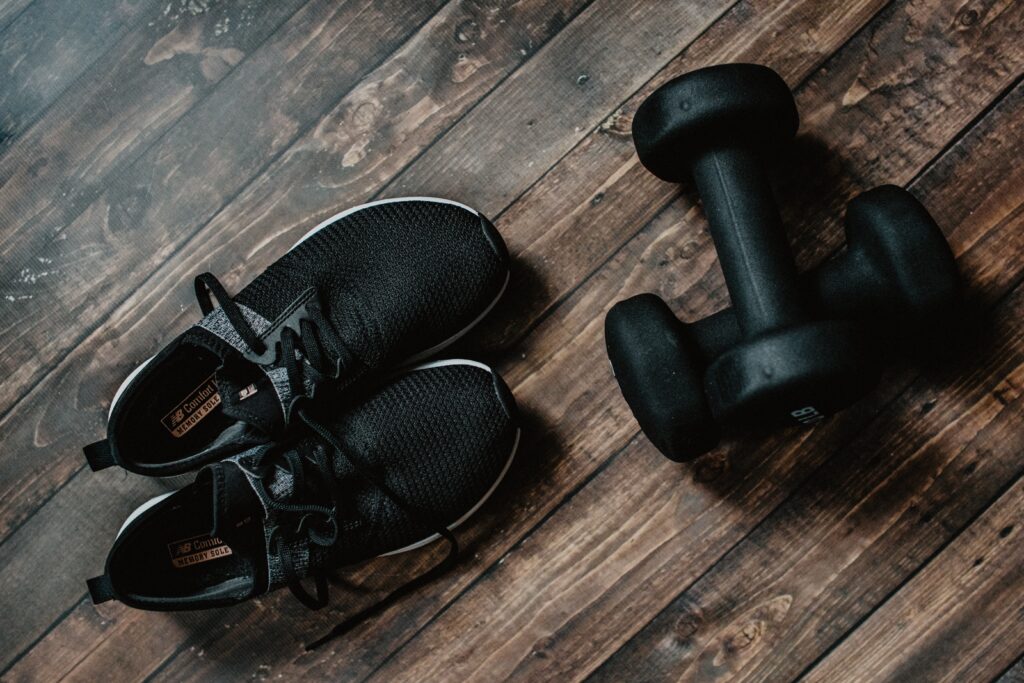Advertisement
Should You Work Out When You’re Sick?
You’ve got the sweats (not the comfy kind) and the sniffles, and you feel off. You’re definitely coming down with something. The trainer at the gym says you should sweat it out, but the TV doctor says rest is the only cure. What should you actually do? There isn’t a lot of conclusive research to … Continued

You’ve got the sweats (not the comfy kind) and the sniffles, and you feel off. You’re definitely coming down with something. The trainer at the gym says you should sweat it out, but the TV doctor says rest is the only cure. What should you actually do?
There isn’t a lot of conclusive research to turn to for answers. It’s difficult to get ethics approval, not to mention volunteers, for studies that involve being infected with cold or flu viruses. Shocker, right?
That’s why I set out to get answers from a practicing professional. Naturopathic physician Dr. Kim McQueen has been working with Olympic athletes on their health needs for the last 15 years. To say that she knows “a little bit” about peak health and performance is like saying that a man cold makes an adult male “a little bit” whiny.
[Brendan] Are you aware of any benefits to exercising while sick with a cold or flu?
[Dr. McQueen] A rule of thumb is to exercise when symptoms are above the neck and to limit exercise when symptoms are below the neck, or when fever, diarrhea, or vomiting are present. It’s best to keep it lower intensity and non-taxing so you reap the benefits … without the drain of an intense, prolonged session.
[Q] What’s the worst that could happen while exercising with the cold or flu?
[A] If you over-exercise when it’s not appropriate for your current state of health, you can worsen the symptoms and prolong your illness.
[Q] What’s the best treatment to get over the cold or flu faster?
[A] When symptoms are above the neck:
- light exercise
- rest
- hydration
- supplements such as vitamin C, probiotics, and zinc
- limiting sugar
- consuming garlic
If symptoms are below the neck, be more cautious about your exercise. If your symptoms are flu-like, then rest, keep fluids up, and graze on easily digested foods such as rice, applesauce, and soups.
[Q] If exercising while sick is okay, are there any exercises to gravitate toward or away from?
[A] Low intensity and under one hour is best, as appropriate for the individual. Consider keeping up your routine and target in the range of three exercise sessions per week. If you’re someone who normally exercises every day, consider trimming your number of sessions per week to give your body an opportunity to respond.
[Q] Who should people speak to about modifying their workout routine while sick?
[A] Great question and tough to answer. If you’re engaged with a trusted health-care team or practitioner, then you can ask them: trainer, dietitian, doctor, naturopathic physician, physiotherapist, or athletic therapist. Most approaches to care fall along a continuum, and there are several factors to consider. If you choose to exercise and your symptoms are getting worse or not resolving, it’s important to visit your doctor or naturopathic physician for an assessment.
Supplements to keep you moving
There is research out there to support the use of certain supplements to boost your energy while you’re feeling a little under the weather. Supplements like ginseng, vitamin B12, and coenzyme Q10 are often used for a quick boost!
Brendan Rolfe, BA, PTS, specializes in silly dances to entertain his twin babies and operating on little to no sleep. He strives to bring healthy lifestyle choices to every household.





